Simplifying billing processes and maximizing reimbursement is a great challenge for healthcare providers especially if they are running an occupational therapy (OT) practice. Healthcare providers need the right medical coding as the right coding is the foundation of occupational therapy (OT) practice. The fact is that getting paid what you’re owed by Medicare isn’t just about working harder; it’s about working smarter. If providers want to maximize reimbursement, they need smart working. Medicare payments are tied closely to how accurately and thoroughly you document patient care. If you’re not using the right codes or missing key details, you could be missing the profit without even realizing it. That’s why it is important to know the right occupational therapy billing services needs and the right ICD-10 codes. So let’s discuss.
Why Proper Billing and Coding Matter
It’s Not Just About Getting Paid — It’s About Staying Compliant
The word forgive does not exist in medical billing mistakes. If you submit incorrect claims even by accident you could face delays, denials, and even audits. Repeating these mistakes can be more intense for billing operations. Underbilling and overbilling are other issues that occupational practices face. Underbilling means you’re working hard without getting fairly compensated. On the other hand, overbilling could lead to fines or repayment demands. These fines directly impact the revenue cycle management of practices. That’s why the first goal is accuracy, not just for the sake of your revenue but to keep your practice running smoothly and stress-free.
The Financial Impact of Good Coding
The right use of ICD-10 codes also affects how much Medicare reimburses you. Medicare uses a system called the Physician Fee Schedule (PFS) to find payment rates for different therapy services. If your coding is accurate then you’ll get the maximum reimbursement for the services you provide.
For example, if you’re treating a patient with a stroke and you code it properly, Medicare will recognize the complexity of the treatment and pay you accordingly. But if you use a general or inaccurate code, you might get reimbursed at a lower rate or not at all.
Common Challenges in Occupational Therapy Billing
Incomplete Documentation
Medicare needs to see that the care you’re providing is medically necessary. If your documentation is confusing or incomplete then there are more chances of your claim being rejected. For example, if you simply write OT for arm weakness without specifying the cause or the treatment plan, Medicare might not pay up.
Incorrect ICD-10 Codes
ICD-10 codes are more specific. If you use a general code instead of a more precise one, you risk underpayment. Let’s say you’re treating a patient for carpal tunnel syndrome caused by repetitive stress at work. There’s a specific code for that but if you just list it as arm pain, you won’t get the right reimbursement.
Missed Coding Opportunities
There are often multiple codes that apply to a single treatment session. If you only bill for the primary diagnosis and miss secondary or contributing factors it means you are doing underbilling. For instance, if you treat both shoulder pain and a mobility issue in the same session, you should bill for both as long as you can justify it with proper documentation.
Essential ICD-10 Codes for Occupational Therapy
Musculoskeletal Issues
- M25.511 – Pain in the right shoulder
- M25.512 – Pain in the left shoulder
- M54.5 – Low back pain
- M62.81 – Muscle weakness
Neurological Conditions
- G56.01 – Carpal tunnel syndrome, right upper limb
- G56.02 – Carpal tunnel syndrome, left upper limb
- G81.94 – Hemiplegia, affecting the right side of the body
- G81.92 – Hemiplegia, affecting the left side of the body
Post-Surgical Rehab
- Z47.89 – Encounter for other orthopedic aftercare
- Z96.641 – Presence of right artificial knee joint
- Z96.642 – Presence of left artificial knee joint
Cognitive and Mental Health Issues
- F07.81 – Post-concussion syndrome
- F32.9 – Major depressive disorder, unspecified
- R41.840 – Attention and concentration deficit
Developmental Delays and Pediatric Conditions
- F84.0 – Autism spectrum disorder
- R62.50 – A delayed milestone in childhood
- F82 – Specific developmental disorder of motor function
Other Common Issues
- R26.2 – Difficulty in walking
- R29.6 – Repeated falls
- Z74.09 – Other problems related to lack of physical independence
How to Maximize Your Medicare Reimbursement
Document Everything — In Detail
It is very important for healthcare providers to add detailed documentation for getting paid. Medicare wants to cover each detail and see exactly why the treatment is necessary, how it’s helping the patient, and why it requires the skills of an OT. For example, instead of writing:
The patient completed hand exercises. Write something like:
The patient completed a 15-minute session of fine motor coordination exercises to improve grip strength and dexterity in the right hand, following a diagnosis of carpal tunnel syndrome (G56.01). Progress was noted in improved ability to hold a pen without discomfort.
Link Treatment to Functional Outcomes
Medicare wants to see that the therapy is improving the patient’s functional abilities not just that they’re completing exercises. Be specific about how the treatment translates into daily life improvements. Instead of writing patient showed an improved range of motion. Try to Write: The patient demonstrated an increased range of motion in the right shoulder, allowing them to reach overhead to retrieve items from a shelf without pain (M25.511).
Use the Right Codes — All of Them
Don’t just bill for the primary diagnosis. If there are secondary conditions contributing to the treatment plan then include those too. For example, if you’re treating both shoulder pain and muscle weakness, list both M25.511 and M62.81. Just make sure your documentation supports it.
Stay Current on Medicare Rules and Rate Changes
Medicare updates its fee schedules and billing requirements regularly. These updations become a great challenge in the right billing. Use of these outdated codes or missing new opportunities for reimbursement can cause your profit to be lost. Subscribe to Medicare bulletins and industry updates to keep updated.
Double-Check for Errors Before Submitting
Simple mistakes like typos, mismatched patient details, or missing modifiers can cause your claim to get rejected. Use a checklist to review every claim before submission. Better yet, invest in billing software that highlights potential issues before they become problems.
Choose the right Occupational Therapy Billing Services
If you want the right occupational therapy billing for your practice then outsourcing your billing to the best medical billing company like M&M Claims Care is another good option. M&M Claims Care is an experienced billing company in the USA that knows how to document each therapy session with complete detail and the right code. We help you to document correctly, bill accurately, stay on top of Medicare rules, and see fewer denials and higher reimbursements. We provide the best occupational therapy billing services with less financial stress so you can give quality time to your patients.







